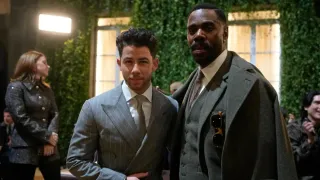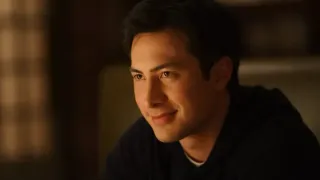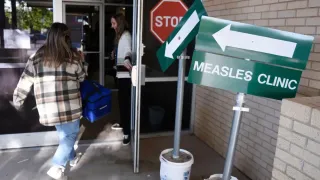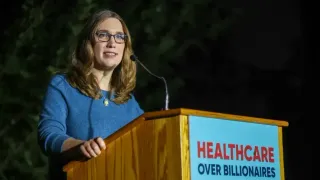December 10, 2014
Man Gets Jail for Taking Part From Paul Walker Car
READ TIME: 1 MIN.
A man who stole part of the Porsche that "Fast and the Furious" actor Paul Walker died in has been sentenced to six months in jail.
The Los Angeles County district attorney's office says 26-year-old Anthony Janow was sentenced Tuesday in Southern California.
Walker and driver Roger Rodas died in November 2013 when their speeding Porsche Carrera GT hit a tree and a light pole in the Los Angeles suburb of Santa Clarita.
Prosecutors say Janow and a friend stole a roof panel when a tow truck carrying the wreckage stopped at a red light.
Janow and 19-year-old Jameson Witty each pleaded no contest to grand theft, destroying evidence and obstructing a peace officer.
Witty was sentenced earlier this year to six months in jail.






